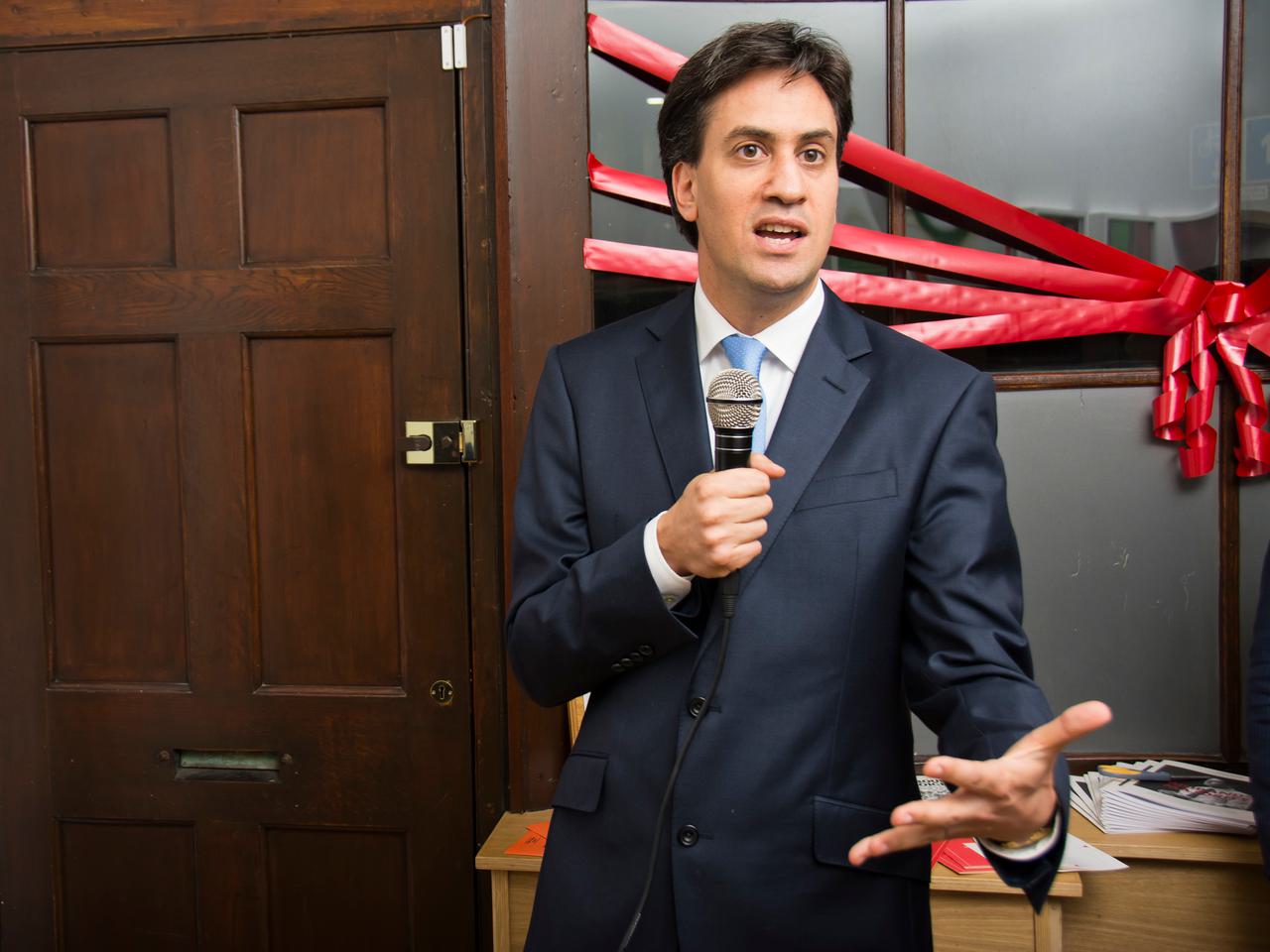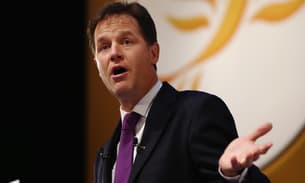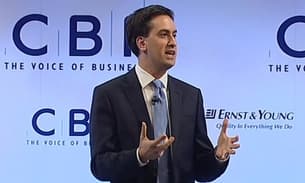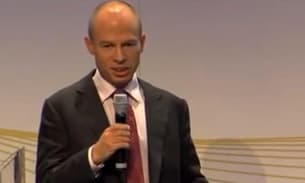
Party political donations are simply not transparent enough
On Friday a £600,000 donor to the Labour party was unmasked as a hedge fund manager after pressure was brought on him and the party following publication of a Bureau investigation earlier in the week.
The donor, Martin Taylor, explained his support for the Labour party in a letter to the Independent and the Times. It is an impressive statement, which says that while it might seem odd that a man who has made his money from hedge funds should support Labour, he did so because he believes very strongly that “everyone should contribute to society and that those who are lucky enough to earn a lot should contribute more than others”.
Nonetheless the revelation that Labour’s third largest cash donor outside the unions was a hedge funder is not ideal for Ed Miliband after he has so mockingly attacked the Tories for taking so much cash from this sector.
But the story is not really about an individual, or even potential Labour hypocrisy over accepting the gift. The real story is about transparency, or rather the lack of it, around party political funding.
Three months ago the Bureau set out to examine all cash given to the Labour party from individuals and companies. We had run a similar exercise nearly four years ago when we had examined the Conservatives’ funding and revealed for the first time that more than half of that party’s funders were connected to the financial services sector.
And last year the Bureau investigated attendees at lavish Tory party dinners where senior members of the government mingled with rich supporters. These events included the auctioning of a private meeting in the form of a tennis match with two of the country’s most powerful people – Prime Minister David Cameron and London Mayor Boris Johnson. Before our investigation, little had been known about who attended these £1,000-a-head fundraisers because despite raising hundreds of thousands of pounds for the party, they are treated as strictly private affairs.
In the run up to the election the Bureau decided it should look at Labour funding. Much of the party’s cash comes from the unions, but a sizeable portion – £10.6m, or 18% – comes from individuals and businesses.
Problems encountered in our investigation
The Bureau wanted to examine the origins of this money. But there was a problem. Nearly £600,000 had been given by one individual – a man named Martin Taylor. This individual had also met Ed Miliband, the leader of the Labour party, on at least one occasion.
According to Electoral Commission rules, parties must report donations of more than £7,500. The Commission says these rules were introduced “to ensure there was transparency about the funding of parties”. Both Labour and Martin Taylor had followed all the rules, but because the name “Martin Taylor” is so common it was difficult to trace the actual individual.
The Bureau found several people with the same name who could have been the donor. We contacted them all, and most, quickly ruled themselves out. One man did not respond to any of our approaches, and Labour party officials, hampered by concerns about privacy and data protection, were unwilling to say precisely who he was.
This has been resolved, now that Martin Taylor has personally revealed his identity. The fact that it took the pressure caused by the Bureau’s investigation for his identity to be revealed, however, remains a potential problem for Ed Miliband, who in 2012 had promised to be completely transparent about the party’s donors. He made this pledge before accepting the donation from Martin Taylor.
At the same time Miliband also pledged to publish a list of every funder he met – that list revealed that he has met Martin Taylor at least once. This was the right stance to take. However, earlier this week the Bureau also revealed that this list is now more than a year out of date, and the party has refused to say when it will publish an update.
Quoted in the Bureau’s report earlier this week, Sir Alistair Graham, the former chairman of the Committee on Standards in Public Life, urged Labour to “match its rhetoric on transparency about party funding with the appropriate actions”.
The Labour party and Ed Miliband still have a big step to take. But this is not just an issue for Labour.
This weekend a Liberal Democrat peer has resigned amid allegations over funding. Channel 4’s Dispatches will focus on the issue tomorrow, and it is reported that the programme will raise further concerns about funding across all the parties. The allegations and concerns around this issue do little to build the public’s faith in our political system. Perhaps it is time to consider the unthinkable – state funding of political parties.
It is certainly time for a thorough rethink. As the Bureau’s past investigations have revealed there are considerable weaknesses in the rules governing disclosure of political donations and wider fundraising. The system is simply not transparent enough. For the sake of public trust, party political fundraising must not only be whiter-than-white, it must also be seen to be whiter-than-white. A review of the current legislation, as Sir Alistair told the Bureau earlier this week, is surely long overdue.




